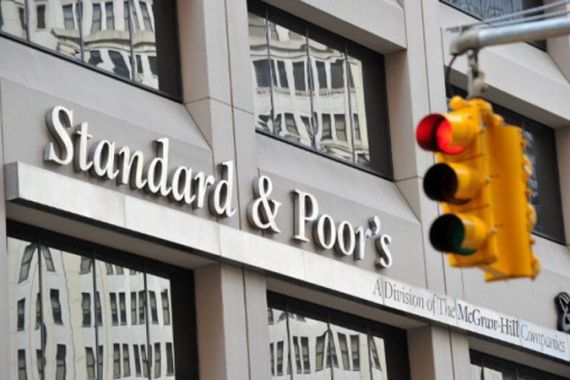Dutch cabinet to hold crisis talks
Nation looks set for early elections after negotiations between main parties on cuts to budget collapsed on Saturday.

Mark Rutte, the Dutch prime minister, is due to convene his cabinet for crisis talks on Monday after right-wing leader Geert Wilders withdrew from make-or-break austerity negotiations on Saturday, saying his party rejected European Union demands.
The negotiations, which have been ongoing for the past seven weeks, aim to cut about $21bn from the budget.
They include a slight rise in Value-Added Tax (VAT), a freeze on civil servants’ wages and cuts to both the health and development budgets, Dutch media reported.
After the walkout the prime minister said that snap elections were probable, a move that would put on hold the austerity package, which was aimed at steering the country back within European Union deficit targets.
The Dutch central planning bureau forecast last month that the 2013 public deficit would rise to 4.7 per cent of gross domestic product under current conditions, higher than the EU deficit ceiling of 3.0 per cent of GDP.
EU economy commissioner Olli Rehn on Sunday urged the crisis-hit Dutch government to maintain efforts to find the cuts sought in an austerity budget for the Netherlands.
“We trust that the Dutch government will continue to seek budgetary solutions that are important for the financial stability of the country and for the welfare of Dutch citizens,” Rehn told Dow Jones Newswires.
Fragmented politics
An opinion poll published on Sunday showed that the Netherlands remains highly fragmented politically, suggesting that it could prove difficult to form a new coalition quickly and that Wilders’s chances of forming a new government were slim.
The Maurice de Hond poll, conducted after the budget talks collapsed, showed that no single party would have a majority if elections were held now, though Rutte’s Liberal Party has strengthened its lead, followed closely by two leftist parties.
The poll also showed that a majority favour smaller budget cuts than those stipulated by the European Union, a further sign that the notoriously frugal Dutch are suffering from “bailout fatigue” and resent the high cost of rescuing profligate peripheral euro zone countries.
“Voters from different parties share the same view – disgust or disappointment over the political action and the political parties,” De Hond said in a statement, adding that two thirds of those polled agreed with the statement: “I’m tired of all the party politics”.
Asked whether the Netherlands should cut less than the European Union wants, 57 per cent of respondents agreed.
Supporters of the populist Freedom Party and of the leftist Socialist Party were particularly set against cuts.
The poll showed the Dutch were most strongly opposed to spending cuts that would have a direct impact on standards of living, 56 per cent of respondents opposing the introduction of a new, modest prescription charge, and 47 per cent opposing an increase in value added tax.